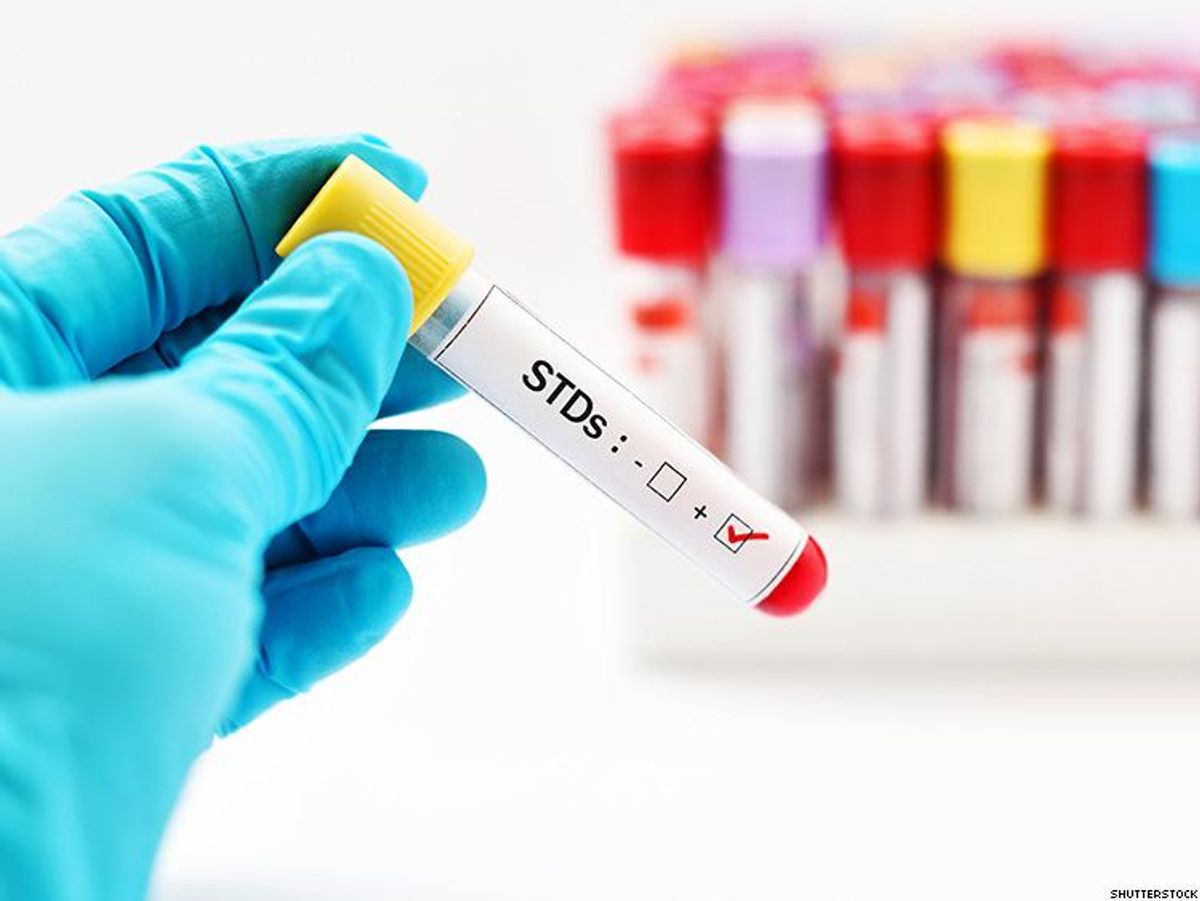New diagnoses of Chlamydia, gonorrhea, and syphilis have increased for the third year in a row in the state of California, and health officials from the California Department of Public Health are growing more anxious to try and combat the rising numbers.
In a report originally aired on Southern California’s 89.3 KPCC, officials say that over 250,000 new STI cases were reported in 2016 — a 40 percent increase from five years ago — and among the highest risk are African-Americans, and gay and bisexual men who have sex with men.
"We should not be seeing steady increases in curable infections," said Dr. Jeffrey Klausner, a UCLA professor of medicine and public health. "These are readily detected by routine tests and they are easily cured by antibiotics."
More specifically, Los Angeles County saw a larger increase in gonorrhea and congenital syphilis cases than the entire state, according to the county of Public Health Department. The latter saw an increase of 43 percent in 2016, compared to 2015.
Syphilis has been on the rise for the past decade in the United States. The virus is divided into stages (primary, secondary, latent, and tertiary). While it can be treated with antibiotics, if left untreated, it can lead to severe damage (which cannot be reversed after treatment) and can affect the heart, brain, and other organs of the body.
Congenital syphilis is syphilis that occurs in utero and at birth — i.e. when a mother with syphilis passes it on to her baby during pregnancy. This can lead to stillbirth or permanent lifelong disabilities. The Centers for Disease Control and Prevention recommends that all women should be tested for syphilis during their first prenatal visit.
As for the growing numbers of gonorrhea, it is known of many cases where the bacteria has developed resistance to nearly all antibiotics used to treat it.
"One of our approaches to combating untreatable gonorrhea is to control gonorrhea, and we're obviously not effectively controlling gonorrhea," Klausner said. In 2016, gonorrhea rates among men increased 22 percent, compared to 2015. MSM accounted for 63 percent of new diagnoses in California.
Officials urge women specifically to be aware of STIs, and to use condoms not just to prevent pregnancy, but to prevent invisible STIs like Chlamydia that have no obvious symptoms. After all, the highest rates of Chlamydia are among young women, officials report. If left untreated, Chlamydia can cause permanent damage to the reproductive system and make it harder (or impossible) to get pregnant.
The LA County public health department said in a statement that it will be "aligning resources and programming to address the disproportionate impact of STDs in communities of color, and among young people, transgender persons and men who have sex with men."
Listen to an excerpt of the broadcast below:












































































